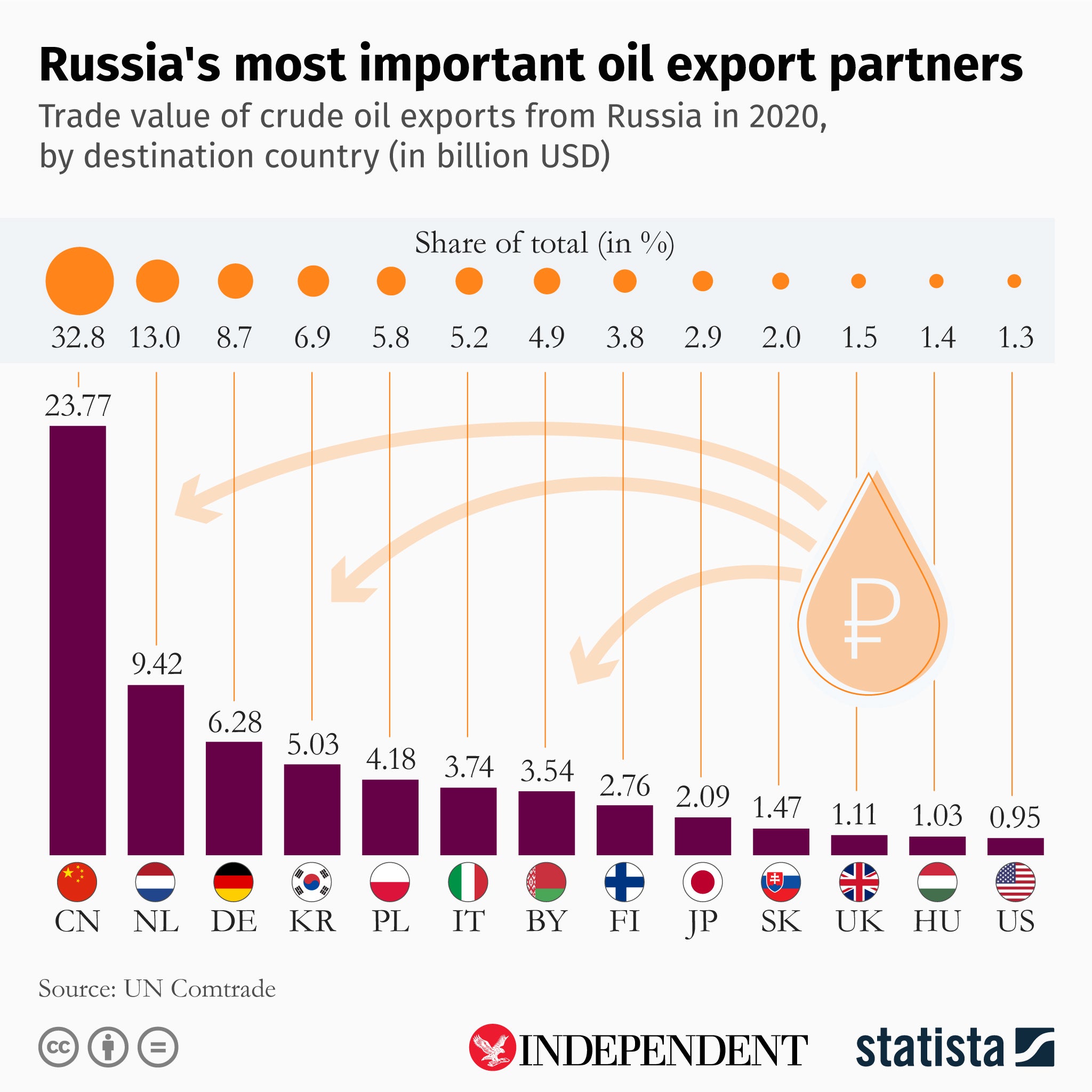
The economic fallout from conflict in Ukraine will help trigger the biggest fall in living standards for Brits since the mid-1970s, according to the Resolution Foundation, a leading think tank.
Incomes are set to fall by 4 per cent in the financial year ahead – equivalent to an average of £1,000 per household – as the war in Ukraine adds to the existing cost-of-living crisis across the UK.
Inflation, the measure of price growth in the economy, could overtake 8.4 per cent this spring, marking the highest level since 1982, the Resolution Foundation’s analysis showed.
“Britain has stepped out of a global pandemic, and straight into a cost-of-living crisis,” said Adam Corlett, principal economist at the think tank.
“The tragic conflict in Ukraine is likely to further drive up the price of energy and other goods, and worsen the squeeze on incomes that families across Britain are facing. Inflation may even exceed the peak seen during the early 1990s, and household incomes are set for falls not seen outside of recessions,” he added.
Russia’s violent invasion of the eastern-European nation has compounded pressure on key commodity markets. Crude oil reached a 14 year high on Monday, and natural gas prices also spiked. Ukraine’s considerable wheat and maize harvests are also set for disruption, while Russia and Belarus’ sanction-hit economies are crucial exporters of fertiliser inputs.

The warning of severe pressure on households’ finances comes as a separate forecast, from Pantheon Macroeconomics, a consultancy, suggested twin inflation peaks of around 8 per cent in April and October this year, in line with increases to regulator Ofgem’s energy price cap.
“Most people have not had experience of inflation like this during their working lives,” Rachel Reeves, Labour MP and shadow chancellor, told The Independent.
Ms Reeves believes that the national insurance rise planned by the chancellor this spring, is “the wrong tax at the wrong time”.
“I didn’t think it was a good idea when the chancellor announced it. It’s an even worse idea now, because it is just adding to the huge stress of the cost-of-living crisis and the cost of doing business crisis as well.”
The chancellor, Rishi Sunak, has argued that it is essential to have the tax increase, which will eventually be separated into a health and social care levy, in order to address the cost of the NHS backlog and the social care needs of the UK’s ageing population.
Delivering the Mais business lecture last month, Mr Sunak said that it was “hard to cut taxes at a time when demands on the state are growing” and that sustainable tax cuts had historically been delivered by Conservative governments once “once the deficit was under control”.
The tax rise will hit consumers and businesses at the same time as a sharp increase in energy costs after Ofgem announced it would lift the price cap for a typical household by £693 from April.
The government has sought to counteract some of this increase with a £350 package of energy rebates.
However, with energy costs soaring amid questions over an oil and natural gas embargo on Russia, economists also expect a large increase to the price cap from October.
Working-age benefits and the state pension will not keep pace with the rising cost of living, however, the Resolution Foundation said. These benefits will increase by 3.1 per cent this spring, taking a snapshot measure of inflation from September last year.
It will amount to a £10bn real-term cut in the value of benefits, the think tank said. While this lag eventually corrects itself, the interim hardship for consumers could be considerable, economists warned.
“The immediate priority should be for the chancellor to revisit benefits uprating in his upcoming spring statement,” Mr Corlett said. He added that, in the longer term, it was critical for the UK to reverse its “terrible recent record on productivity” in order to boost living standards.







